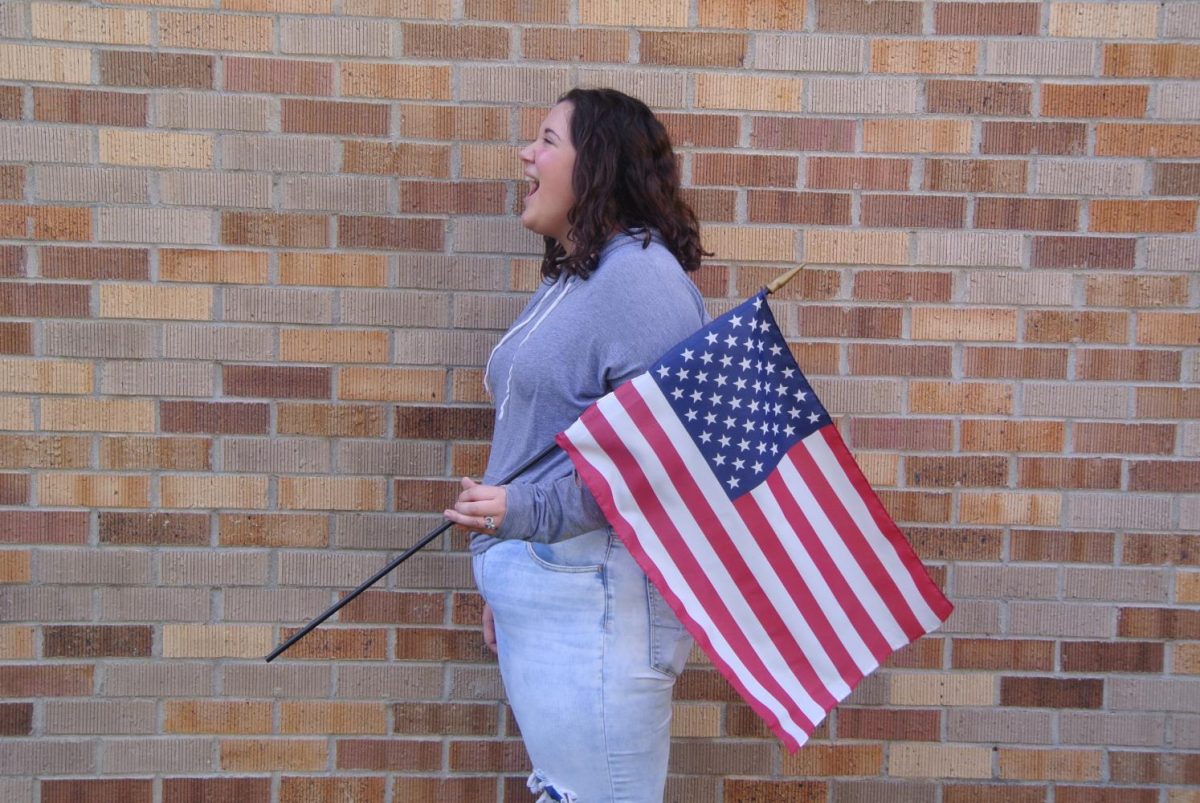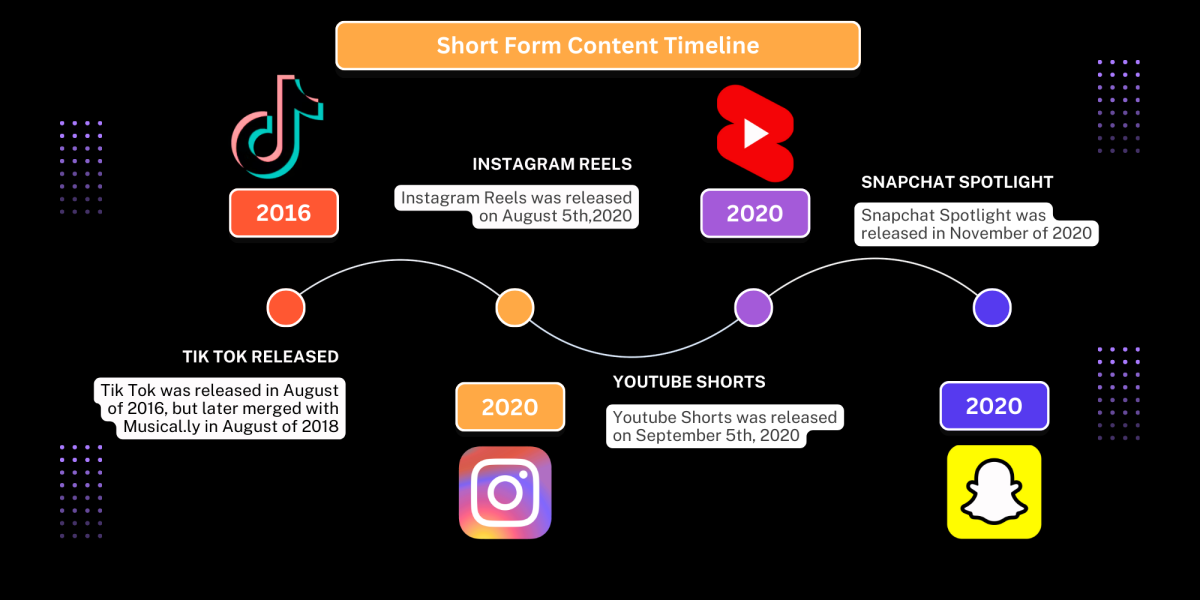Hate Speech is Free Speech
September 25, 2017
Hate: “[an] intense hostility and aversion usually deriving from fear, anger, or sense of injury,” according to Merriam-Webster. Here is what I absolutely hate: the wage gap, when people use the word “gay” in a negative connotation, how women are often blamed for assault based on their clothing or the time of day they went out at, and most of all, being told that I can’t share or stand up for my opinions. This is where the freedom of speech and hate collide.
It is imperative that I state I do not encourage or support violence, harassment, assault, teasing or any type of hate crime whatsoever; I truly despise everything that is associated with hate itself. It is also imperative that I state that both my job as a student journalist and this column would cease to exist without the freedom of speech and similarly, the freedom of hate.
As the First Amendment states, “Congress shall make no law . . . abridging the freedom of speech, or of the press…”. At no point does the amendment define what free speech is and what is appropriate and what is not, meaning that anything, including hate, is legal. There are, of course, exceptions that have been carved out over time, including (but certainly not exclusive to) yelling “fire” in a movie theater or lying under oath.
Instead of seeing hate in pertinence to the freedom of speech as completely negative, I try to see it in a positive light. Above, I gave a list of what I hate. And I really, really do hate those things. With this hate, under the First Amendment, I am allowed to speak against any injustices I see related to them.
Almost every day at school, I find myself stopping in the hall to tell someone that the way they used a word wasn’t particularly cool. When someone attacks a person who identifies as a feminist, I have a (respectful) speech prepared for them. While this does not seem like hate in my eyes, the people who I speak to, when I correct them or tell them to stop, may feel personally attacked or hated. If hate was not included in the freedom of speech, I wouldn’t be able to stand up for what I believe in. None of us would.
However, I also need to talk about the “hateful” part of hate. There was some serious hate presented in Charlottesville, Virginia, last month. I by no means support any of the messages or any actions associated with the hate that occurred there, yet I do respect the fact that, despite how ignorant, offensive and downright wrong those messages were, the people saying them legally had the right to say them. (To clarify, when speech includes threats or incitement to violence, the legality of it becomes iffy, but if it is an opinion or an idea, it is protected under the Constitution and First Amendment.)
If the freedom of speech is going to be taken away from one group or one message, it will be taken away from all. If it is taken away from all, there is no way for us to fight against what we see as morally incorrect.
Looking back at history, without the hatred that colonists had for the British and their taxes, America and our rights would not exist. Without the hatred that women had toward not being able to vote, their right, my right, to suffrage, would not exist. The combination of free speech and hate, as unlikely as it may seem, can actually be put together to make something better.







